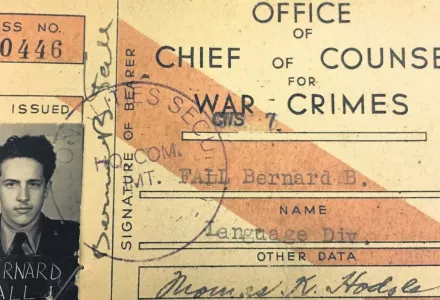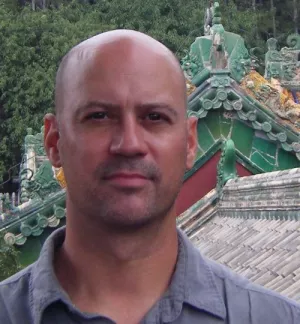
Over the last fifty years, a lack of analysis on Bernard B. Fall (1926–1967) and his scholarship has been a significant gap in the historiography on the First Indochina War (1946–1954) and the Second Indochina War (1955–1975). Since the Vietnam War ended, the failure to recognize how military force cannot compensate for the lack of a politically attainable goal remains prevalent. As Fall once remarked, "A U.S. Marine can fly a helicopter better than anyone else, but he cannot give a Vietnamese farmer an ideology to believe in." In much the same way, a Russian pilot will not be able to convince Ukrainians that political reconciliation is possible. Rather, Russia's unprovoked invasion has made its political legitimacy impossible to maintain with every passing day that Russia continues to destroy the Ukrainian people and their country.
The Russian invasion of Ukraine in early 2022 evokes a failure to learn the many lessons Bernard Fall sought to convey in critiquing American operations in Vietnam in the 1960s and as France sought to control Indochina in the 1950s. Among his contributions was Fall's demand that policy-makers recognize the primacy of political legitimacy over military force. He noted this tendency to over-rely on military power in 1962, writing: "To win the military battle but lose the political war could become the U.S. fate in Vietnam." He believed that no invading force could possess sufficient military power to compensate for its political standing if that force lacked political legitimacy among the society it sought to control....
Moir, Nathaniel L. "Bernard Fall: A Soldier of War in Europe, A Scholar of War in Asia." International Institute for Asian Studies Newsletter 92 (Summer 2022).
The full text of this publication is available via International Institute for Asian Studies Newsletter.




